Setting Standards, Verifying Standards and Maintaining Standards
Training in specialist rescue, which forms the largest part of our business, has evolved from a series of loose guidelines and regulations fifteen or so years ago to the current increased focus on a consensus set of contents, standards and expectations.
With the increased detailing of good practice there are now developed/developing sets of national standards to which governance and compliance within the UK can be applied.
Whilst some gaps still remain, there are continuing requirements for training providers to identify appropriate sources to use as benchmarks and devise role related skill combinations and appropriate training and assessment methods.
Technical standards are but one aspect of the delivery of good training. The provision of a technical specification is in no way a guarantee that the delivery of that training will be such as to ensure learning, consolidation and detailed assessment to an appropriate standard.
At Outreach we developed the first line of external verification of our training standards with the three-way partnership between ourselves, Coventry University and the Fire Service College, which has now been in place since the early nineties. However, about ten years ago, we started to add additional levels of sector specialist verification processes within our structure, which along with our client consultation process is used to develop a culture of constructive critical appraisal.
This was not introduced solely as an initiative to sustain quality but was, in part, as a consequence of a rising litigation culture within our increasingly risk averse environment.
We have reaped the benefits of additional layers of expertise and the checks and balances they brought even though occasionally we may feel that they are time consuming and costly to resource. The structure of our verification process involves a rolling review of every programme on (normally) a two-year cycle. Individual sections of each course are defined and independent organisations or individuals with appropriate sector specialist knowledge, skills and experience are engaged in the review process.
One of the benchmark standards that have always been considered are the NFPA Standards, which, though of the highest quality for their particular application in North America are only partially relevant to requirements in the UK. In 2007 we undertook a review of the problems inherent in international application of these standards with the chair of the NFPA technical search and rescue committee concerning both the current application of NFPA standards and future considerations for amendments. Two members of Outreach staff are currently members of the NFPA Technical committee for Technical Rescue.
The NFPA standards, along with all others, are only as good as the verification and governance of their application. The NFPA provides a set of standards but all verification and compliance responsibility rests with the commissioning ‘authority having jurisdiction’, i.e. in the UK typically a Chief Officer, Director or similar.
There are equivalent issues with regard to the medical content of training courses and whilst these are frequently referred to as included in programme content, they are often only loosely detailed. Outreach Rescue has a medical faculty of Doctors and specialist Paramedics that continually review and inform this element of our work to ensure the highest standards are maintained.
Our assessment processes follow National Vocational Qualification guidelines with all candidates being assessed against an agreed standard of competence using multiple evidence and a range of assessment methods. This system is then documented through a record of performance which provides the basis for ongoing training and development.
We believe it is vital that these structures are in place both for our own and our client’s continuing confidence in what we deliver. It seemed an obvious tactic to develop a structure based upon sector expertise, which would support the overall accreditation provided by the Fire Service College and Coventry University.
We look forward to the further definition of standards of technical content. The audit and verification process here described will nonetheless remain at the heart of our quality system to ensure appropriate compliance and the maintenance of standards.
Training managers clearly have a substantial legal responsibility to validate their training provider’s internal and external verification processes and we welcome any such enquiry.
